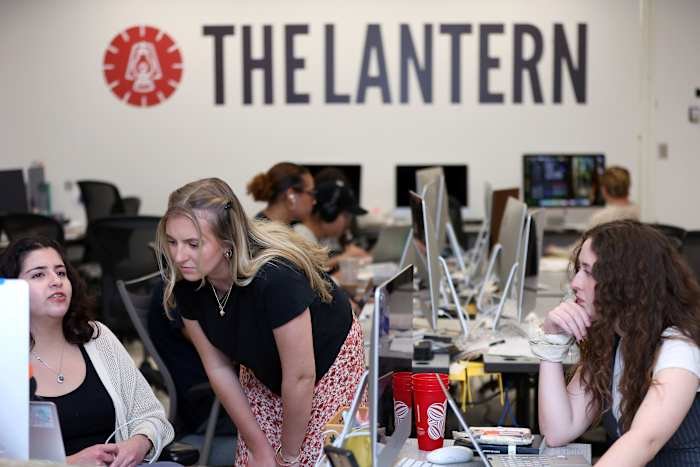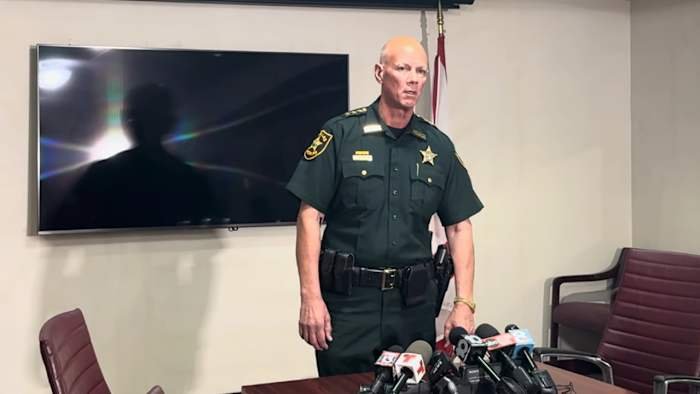Orlando, FL – In a rapidly changing media landscape, college journalists in Orlando and across the country are facing new challenges as they navigate an uptick in demands to remove previously published articles. This trend comes amid heightened tensions on university campuses, triggered in part by the Trump administration’s intensified response to student protests and what many see as escalating threats to freedom of speech. As student-run newsrooms grapple with these issues, the implications for local journalism, free expression, and historical accountability are profound.
Changing Pressures on College Newsrooms
Traditionally, college newspapers have served as vital training grounds for aspiring journalists, offering students real-world experience in reporting, editing, and managing newsroom ethics. However, recent years have seen a marked increase in requests from students, faculty, and even outside parties to remove or alter content that was previously published. These requests often stem from fears of online harassment, potential impacts on future employment, or changing perspectives on controversial topics.
Orlando’s universities, such as the University of Central Florida (UCF) and Rollins College, are not immune to these trends. Student editors report receiving frequent requests to “unpublish” articles, particularly those related to campus protests, disciplinary actions, or contentious events. The dilemma is further complicated when the university administration or legal teams get involved, sometimes pressuring student journalists to comply in the name of campus safety or institutional reputation.
The Impact of National Politics on Campus Speech
The Trump administration’s tough stance on student protests has had ripple effects across American campuses, including those in Orlando. Critics argue that crackdowns on demonstrations, especially those related to racial justice or political dissent, have emboldened efforts to suppress uncomfortable narratives. This climate has made it more challenging for student journalists to report freely and truthfully on events that define the college experience.
In Orlando, where the student population is diverse and politically active, these national tensions are magnified. Student reporters covering protests or administrative decisions often find themselves at the center of heated debates over what should remain part of the public record. The fear of retaliation or unwanted attention has led some sources to request anonymity after the fact, or to ask for their names and quotes to be removed entirely from archived articles.
Ethical Dilemmas and Editorial Decisions
The surge in unpublishing requests puts student editors in a difficult position. On one hand, they must consider the well-being of individuals affected by their reporting; on the other, they bear the responsibility of maintaining the integrity and completeness of the public record. Most college newspapers, including those in Orlando, have traditionally followed the policy that published content remains accessible unless it is demonstrably false or legally problematic.
However, these policies are being tested as students and alumni become more aware of the long-term digital footprint of their college years. UCF’s student newspaper, The Central Florida Future, and Rollins College’s The Sandspur, for example, have seen an increase in appeals to remove or redact older stories. Editors must weigh individual privacy against the collective right to information, all while navigating a legal landscape that is often unclear.
Some newsrooms are responding by creating formal policies for reviewing unpublishing requests, setting up editorial boards to handle appeals, and consulting with legal counsel. Still, the decisions are rarely easy, and the emotional toll on young journalists can be significant.
Long-Term Consequences for Journalism and the Public
The growing push to alter or remove published content raises fundamental questions about the role of journalism in society. If history can be rewritten at the request of individuals or institutions, what does that mean for accountability, transparency, and the public’s right to know?
For Orlando, a city with a vibrant and engaged student community, the stakes are high. Local colleges contribute to the region’s cultural and political discourse, and their campus newspapers provide a record of events that shape the city’s identity. If these records are sanitized or erased, important lessons and perspectives could be lost to future generations.
Professional journalists and faculty advisors warn that the trend toward unpublishing could set a dangerous precedent, undermining trust in the media and diminishing the educational value of student journalism. At the same time, they acknowledge the need to protect individuals from harm, especially in an era when online information is permanent and easily searchable.
Looking Ahead: The Path for Orlando’s Student Media
As the debate over content removal continues, Orlando’s student journalists are developing new strategies to address these challenges. Some are investing in digital tools to anonymize sensitive information without deleting entire articles; others are partnering with local news organizations for guidance and support. The hope is to strike a balance between respecting personal privacy and upholding the essential mission of journalism: to inform, challenge, and hold power to account.
Ultimately, the choices made by Orlando’s college newspapers today will help shape the future of news and public discourse in Central Florida. By navigating these complex issues with integrity and transparency, student journalists are not only protecting their peers but also strengthening the foundations of democracy in our city.
Conclusion: What Do You Think?
The rising tide of content removal requests is reshaping the landscape for college journalists in Orlando and beyond. As student newsrooms work to balance privacy concerns with the need for historical accuracy and free expression, the outcome will have lasting effects on our community.
What is your take on this trend? Should student newspapers be more open to removing past content, or does this threaten the integrity of journalism? We want to hear from you
















